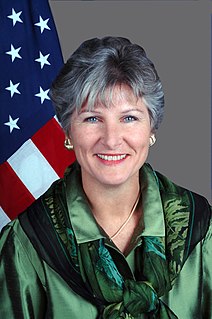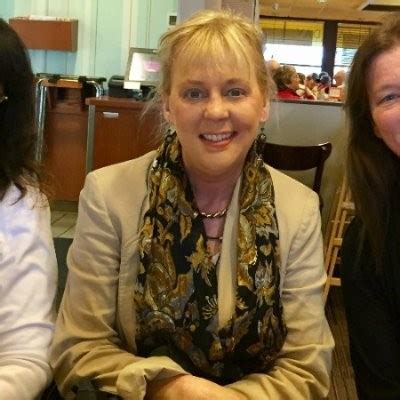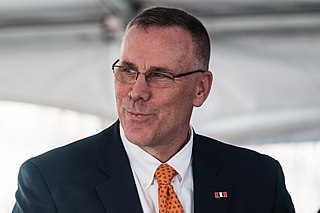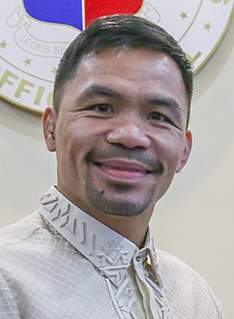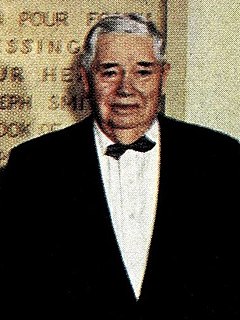A Quote by David Petraeus
There is nothing I can do to undo what I did. I can only say again how sorry I am to those I let down and then strive to go forward with a greater sense of humility and purpose, and with gratitude to those who stood with me during a very difficult chapter in my life.
Related Quotes
As I stood alone and forsaken, and the power of the sea and the battle of the elements reminded me of my own nothingness, and on the other hand, the sure flight of the birds recalled the words spoken by Christ: Not a sparrow shall fall on the ground without your Father: then, all at once, I felt how great and how small I was; then did those two mighty forces, pride and humility, happily unite in friendship.
People say, "I have heart disease," not "I am heart disease." Somehow the presumption of a person's individuality is not compromised by those diagnostic labels. All the labels tell us is that the person has a specific challenge with which he or she struggles in a highly diverse life. But call someone "a schizophrenic" or "a borderline" and the shorthand has a way of closing the chapter on the person. It reduces a multifaceted human being to a diagnosis and lulls us into a false sense that those words tell us who the person is, rather than only telling us how the person suffers.
Once you identify positional needs, then I think, then, what you do is, you be very selective on how you go about acquiring those players. You have to look at the resources available on how to acquire those players, and then, if you can, go acquire those assets that can best help this team get over the hump.
I think that's very significant that we're so attached to the idea now of - it was something I advocated for years, that you can make music in studios, music doesn't have to be made as a real-time experience. But now you see the results of that in people who are completely crippled unless they know that they have the possibility of "cut and paste" and "undo." And "undo" and "undo" and "undo" and "undo" and "undo" again.
Eighteen months ago, when first I stood before you I called attention, as earnestly and seriously as I knew how, to what looked to me to be the dangers that were ahead, and I urged you at that time to practice the old virtues of thrift, of honesty, of truthfulness, of industry, and so on through the list of those I named. All that I said then I say again.
I am a very honest person, and I can only say there are moments in my life where I really did think I was being me in the sense of my morals and beliefs and the way I acted. But when I look back at certain things that I wore and my hair and make-up, I was like, 'Whoa! That wasn't me!' But I didn't know it back then.
I think a lot of people do have questions about life, 'What's the purpose of my life?', 'What's the meaning of my life?', 'Why am I here?' ... It's hard to find a place where you can discuss those issues. You can't go down to the pub and say, 'What do you think the meaning of life is?' But actually, most people have those questions, somewhere in the back of their minds. And if you can find a place where you can discuss it with a group of people who, like you, are outside of the Church, and it's a non-threatening, relaxed environment, quite a lot of people want to do that.
I will never forget that the only reason I'm standing here today is because somebody, somewhere stood up for me when it was risky. Stood up when it was hard. Stood up when it wasn't popular. And because that somebody stood up, a few more stood up. And then a few thousand stood up. And then a few million stood up. And standing up, with courage and clear purpose, they somehow managed to change the world.


